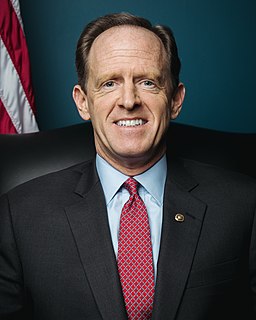A Quote by Noam Chomsky
Actually, the phrase "national security" is barely used until the 1930s. And there's a reason. By then, the United States was beginning to become global. Before that the United States had been mostly a regional power - Britain was the biggest global power. After the Second World War, national security is everywhere, because we basically owned the world, so our security is threatened everywhere. Not just on our borders, but everywhere - so you have to have a thousand military bases around the world for "defense."
Quote Topics
Actually
After
Around
Around The World
Barely
Bases
Basically
Because
Become
Been
Before
Beginning
Biggest
Borders
Britain
Defense
Everywhere
Global
Had
Just
Military
Military Bases
Mostly
National
National Security
Our
Owned
Phrase
Power
Reason
Regional
Second
Second World War
Security
States
Then
Thousand
Threatened
United
United States
Until
Used
War
World
World War
Related Quotes
The United States has every intention of continuing to do the kind of reconnaissance and surveillance work we have done for decades, well known to everyone, that is essential to protect our national security, and frankly, the security of our friends in various regions of the world. It is part of our collection system.
It's a moral imperative, it's an economic imperative, and it is a security imperative. For we've seen how spikes in food prices can plunge millions into poverty, which, in turn, can spark riots that cost lives, and can lead to instability. And this danger will only grow if a surging global population isn't matched by surging food production. So reducing malnutrition and hunger around the world advances international peace and security - and that includes the national security of the United States.
National security is a really big problem for journalists, because no journalist worth his salt wants to endanger the national security, but the law talks about anyone who endangers the security of the United States is going to go to jail. So, here you are, especially in the Pentagon. Some guy tells you something. He says that's a national security matter. Well, you're supposed to tremble and get scared and it never, almost never means the security of the national government. More likely to mean the security or the personal happiness of the guy who is telling you something.
Throughout the twentieth century and into the beginning of the twenty-first, the United States repeatedly used its military power, and that of its clandestine services, to overthrow governments that refused to protect American interests. Each time, it cloaked its intervention in the rhetoric of national security and liberation. In most cases, however, it acted mainly for economic reasons-specifically to establish, promote and defend the right of Americans to do business around the world without interference.
I have nothing but contempt for Gadhafi. I'm not a Gadhafi supporter in any way. However, it's not clear to me that it's a vital and compelling national security objective of the United States that we ought to use military force to remove him from power. He's not the only unpleasant and unsavory dictator in the world.
I'm not interested in embarrassing the United States. We as a nation need to foster a broader understanding of national security, and when in the name of national security the US government both overtly and covertly aligns itself with the apartheid state and against heroic freedom fighters for racial justice ... Not only in 1962 but also keeping in mind that Mandela was on the US terror watch list until 2008, that kind of myopic understanding of national security has devastating consequences.
There is a lot of fiscal conservatives in the United States senate that didn't vote for that because we understand that national security spending is not the reason why we have a debt. Our debt is being driven by the way Social Security, Medicare, and Medicaid and, by the way, the interest on the debt is structured in the years to come.





































